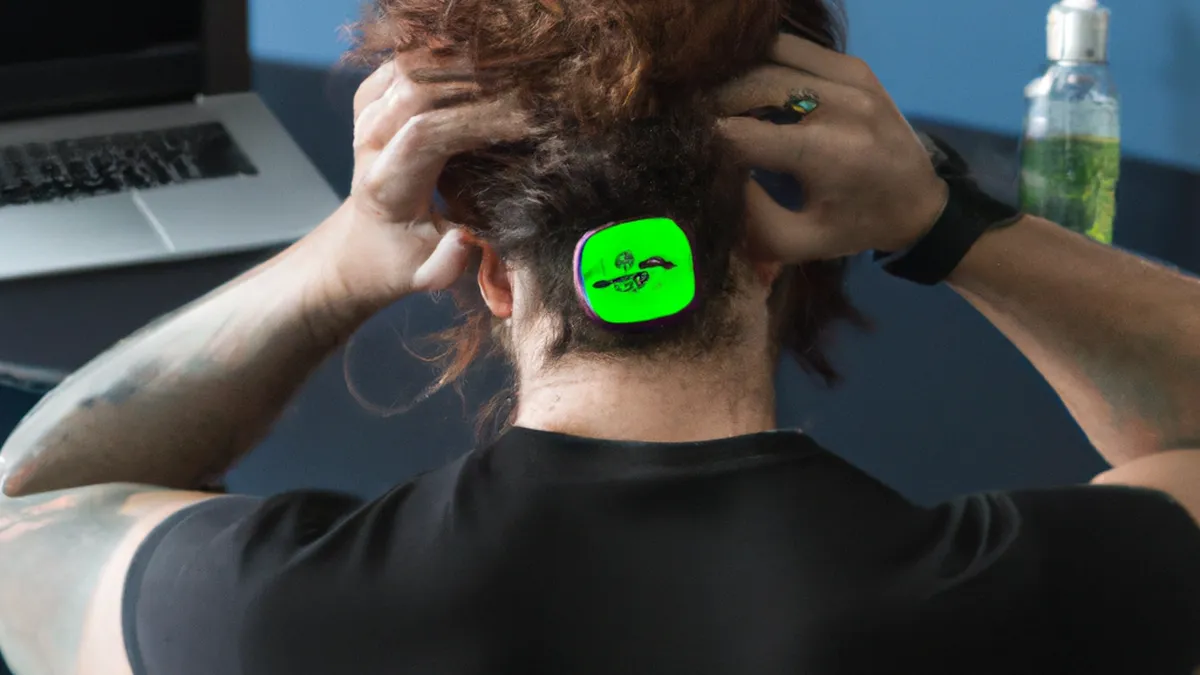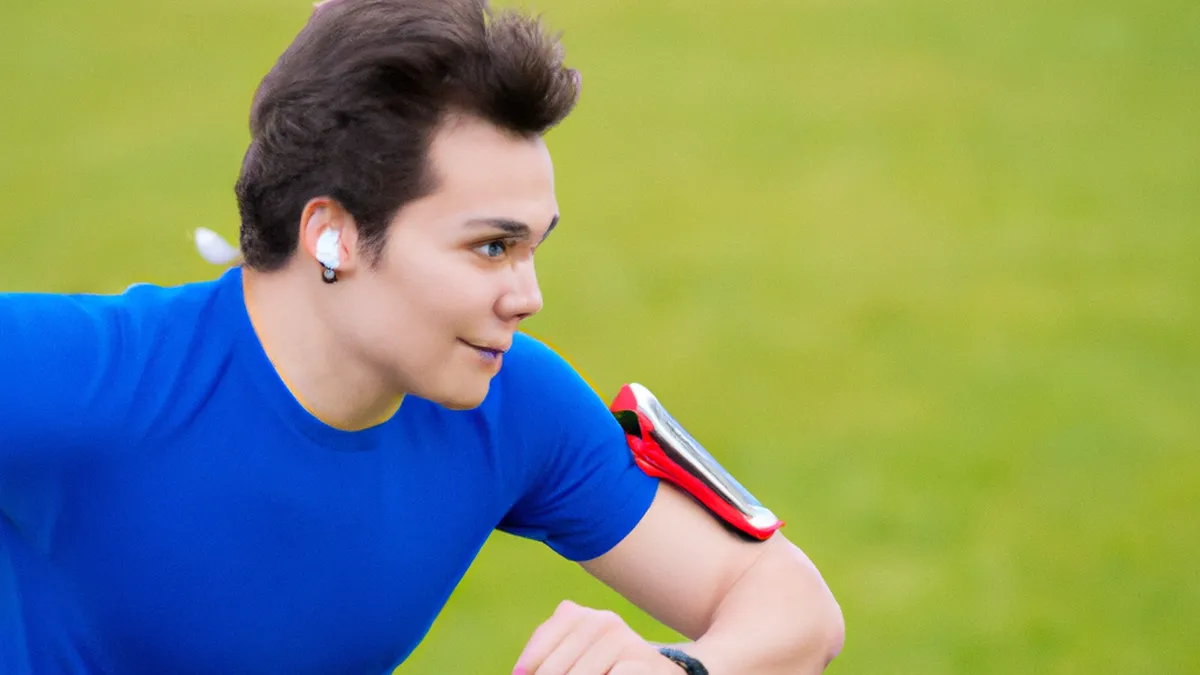Conquer Sleep Disruptions for Athletes
Sleep Hygiene for Athletic PerformanceSleep significantly impacts athletic performance, yet athletes often overlook it. They usually prioritize workouts, nutrition, and mental preparation. However, quality sleep plays a crucial role in recovery and overall well-being. This article offers practical sleep hygiene tips for athletes, showing how prioritizing sleep enhances performance.
Understanding Sleep Hygiene
Sleep hygiene involves practices that promote restorative sleep. Good sleep hygiene creates a restful environment essential for athletes. Poor sleep can hinder recovery, cognitive function, mood, and athletic abilities. Athletes must understand and implement effective sleep hygiene practices.
The Importance of Sleep for Athletes
Adequate sleep is vital for athletes for several reasons:1. **Muscle Recovery**: Sleep allows your body to repair and regenerate tissues. Growth hormone levels peak during deep sleep, aiding muscle recovery. Restorative sleep is crucial for repairing micro-tears in muscles and preventing injuries.2. **Cognitive Function**: Sleep affects cognitive abilities like focus, decision-making, and reaction times. Insufficient sleep can impair judgment and reduce performance in competitions.3. **Energy Levels**: Quality sleep maintains energy levels throughout the day. Lack of sleep causes fatigue, impacting motivation and training effectiveness.4. **Mood and Motivation**: Sleep deprivation leads to irritability, anxiety, and decreased motivation. Athletes need a positive mindset to face training and competition challenges.
Tips for Improving Sleep Hygiene
As an Amazon Associate I earn from qualifying purchases.
Gear tip: consider sleep tracker ring, sleep mask, and white noise machine to support this topic.
Athletes can benefit greatly from effective sleep hygiene practices. Here are actionable tips to enhance sleep quality:
1. Create a Sleep Schedule
Go to bed and wake up at the same time daily, even on weekends. This consistency regulates your internal clock, making it easier to sleep and wake up refreshed. Aim for 7-9 hours of sleep each night, adjusting as needed.
2. Establish a Relaxing Pre-Sleep Routine
Engage in calming activities before bed to signal your body to wind down. Consider reading, meditating, or gentle stretching. Avoid stimulating activities like action movies or social media that increase alertness.
3. Optimize Your Sleep Environment
Make your bedroom a sleep sanctuary. Keep the room dark, quiet, and cool to promote restful sleep. Use blackout curtains to block light and consider white noise machines or earplugs for added quietness.
Conclusion
Prioritizing sleep hygiene significantly enhances athletic performance. Implement these strategies to improve sleep quality and overall athletic success.
Below are related products based on this post:
FAQ
Why is sleep important for athletes?
Sleep is crucial for athletes as it aids muscle recovery, enhances cognitive function, maintains energy levels, and supports mood and motivation. Adequate sleep allows the body to repair tissues and helps in decision-making during competitions. Insufficient sleep can lead to fatigue and impair performance, making it essential for athletes to prioritize rest.
What are some effective sleep hygiene practices for athletes?
Effective sleep hygiene practices include creating a consistent sleep schedule, establishing a relaxing pre-sleep routine, and optimizing the sleep environment. Going to bed and waking up at the same time daily helps regulate the internal clock. Additionally, engaging in calming activities before bed and ensuring a dark, quiet, and cool room can significantly enhance sleep quality.
How much sleep should athletes aim for?
Athletes should aim for 7-9 hours of sleep each night, adjusting based on individual needs. Consistency in sleep duration is vital for recovery and performance. Prioritizing adequate sleep helps athletes maintain energy levels and a positive mindset for training and competition.















Post Comment